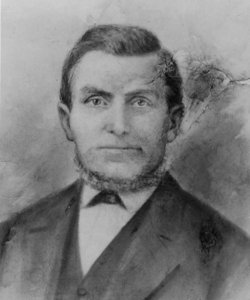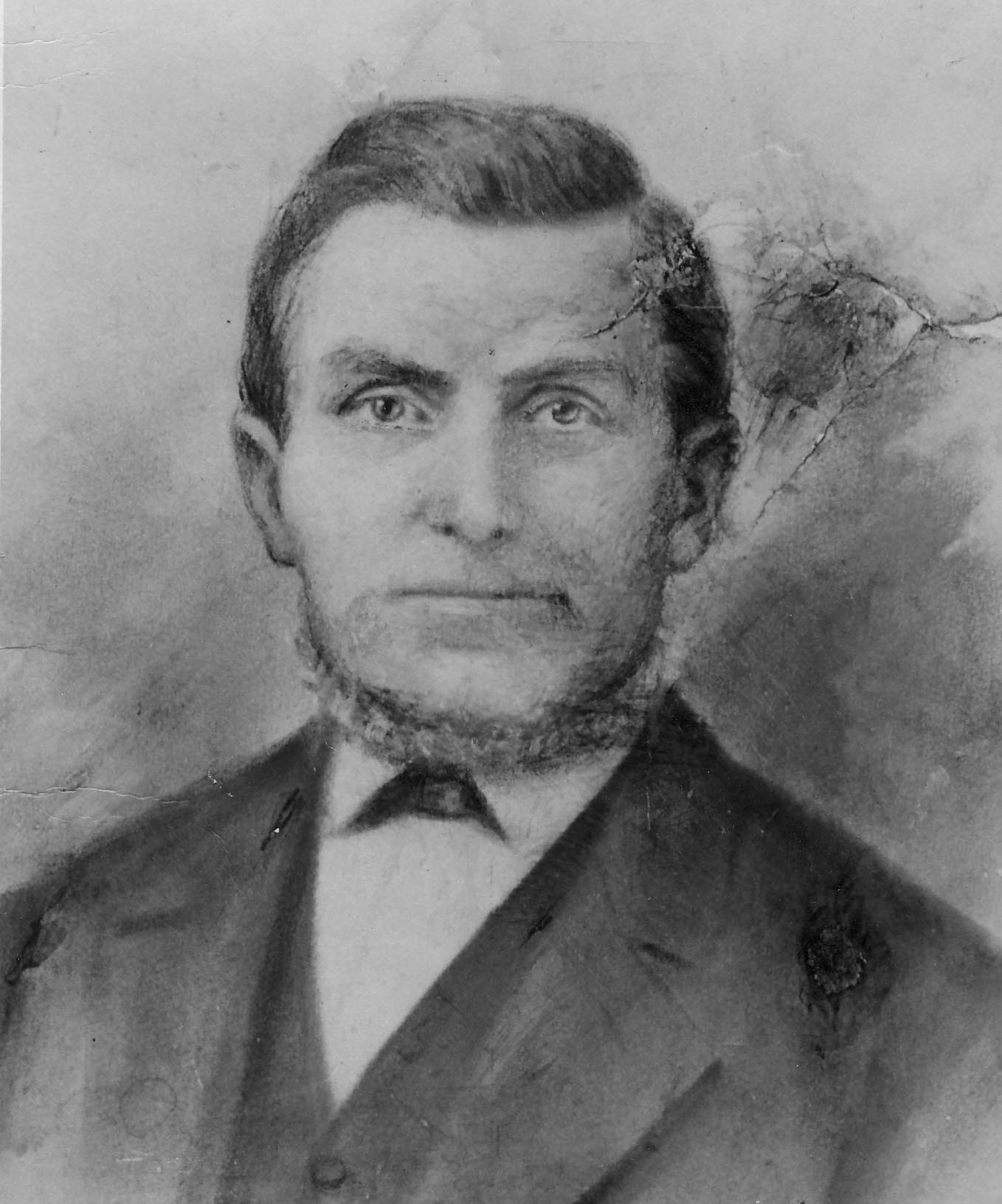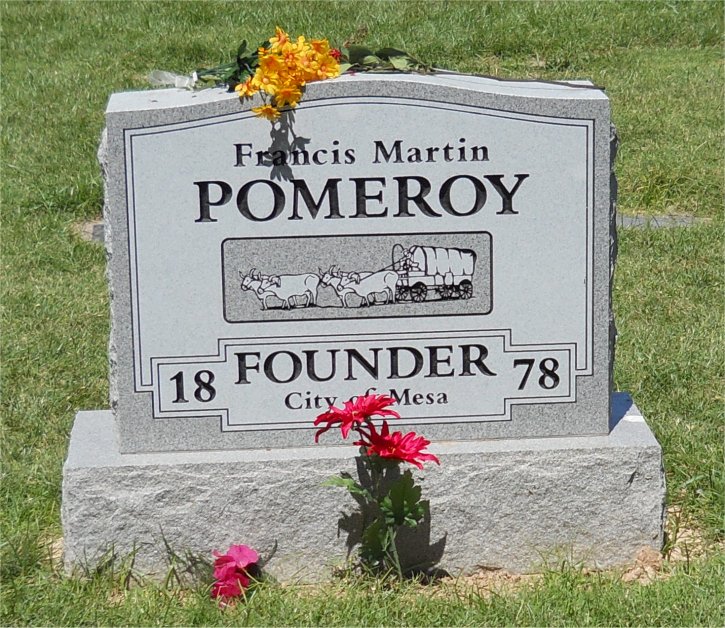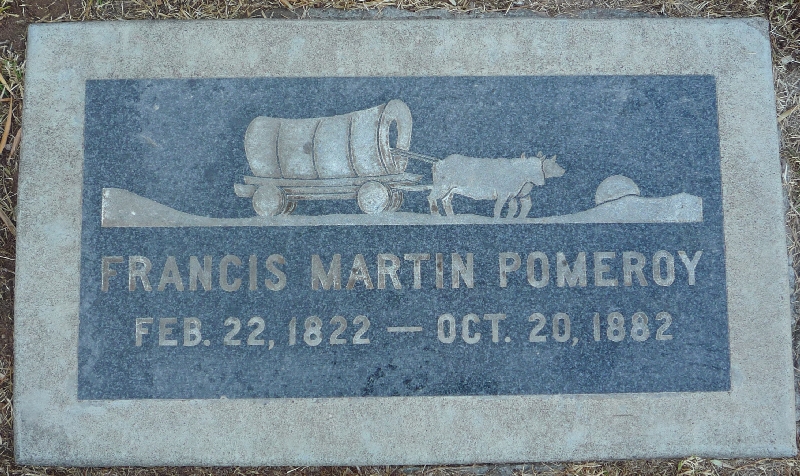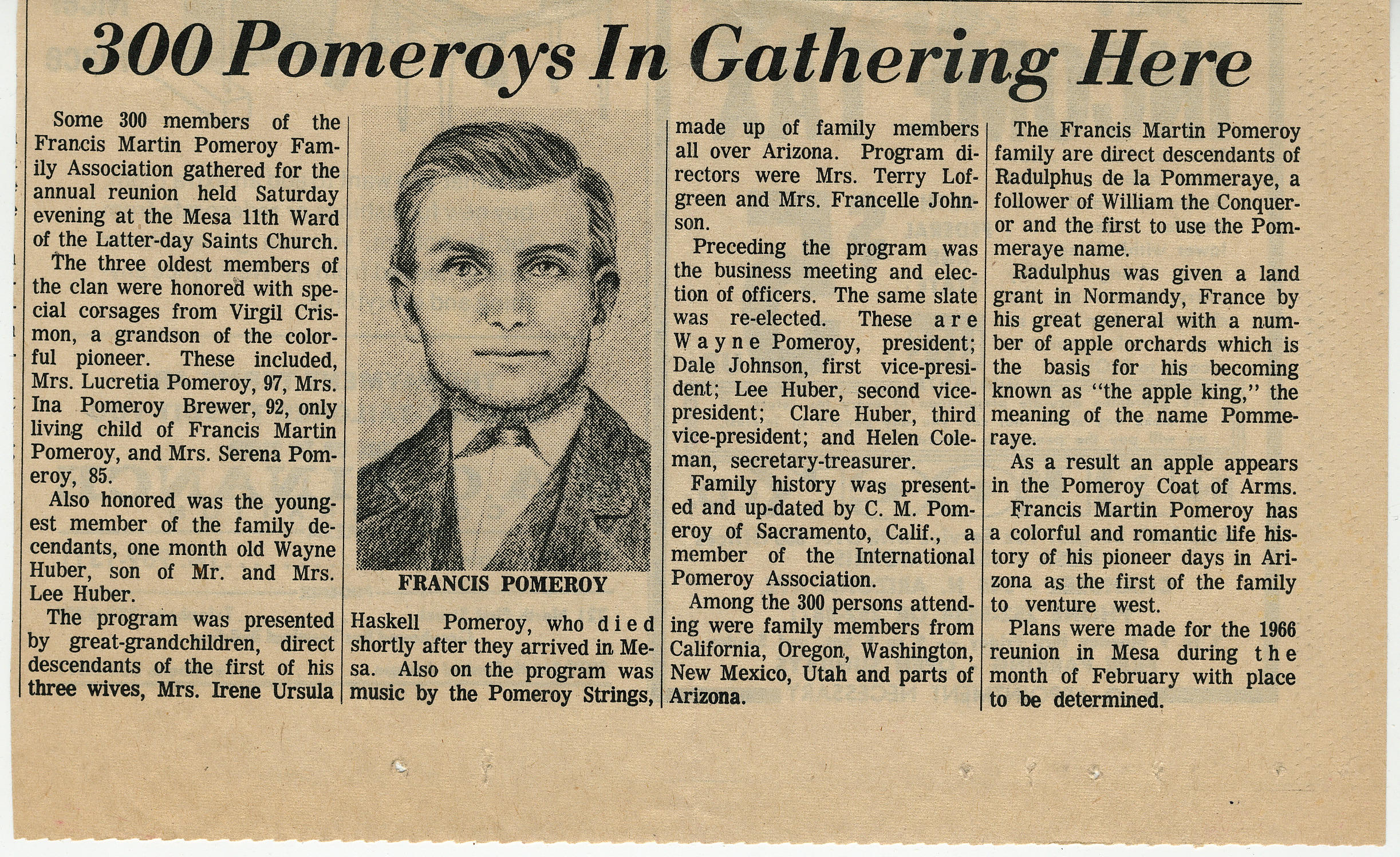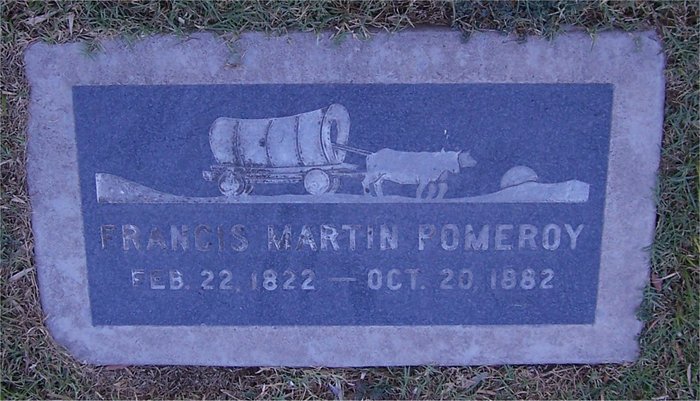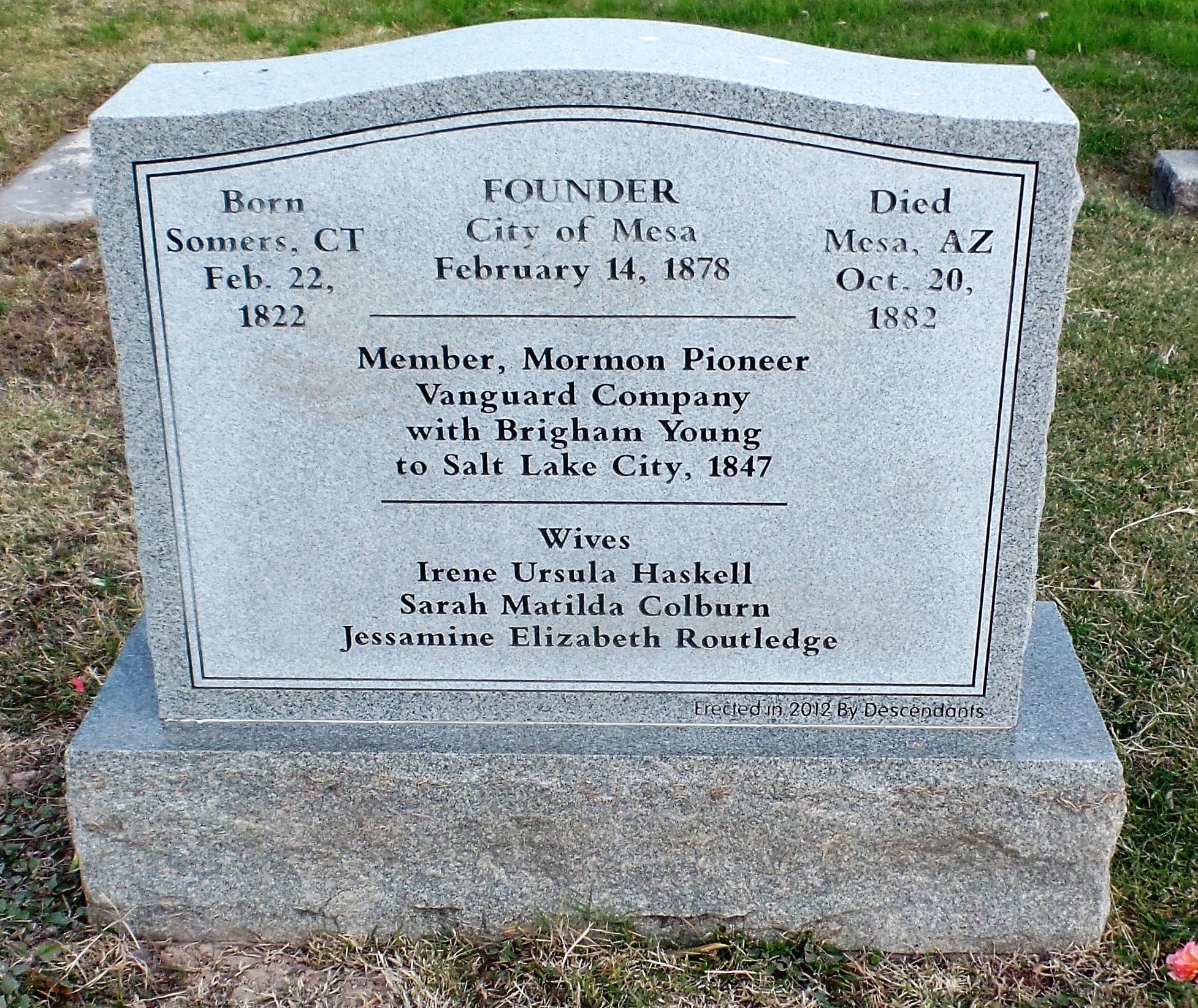(Alt. birthdate 20 Feb. 1820)
(Alt. birthdate 20 Feb. 1820)
Family Members
-
![]()
Francelle Eugene Pomeroy Robson
1845–1902
-
![]()
Dr Francis Ashbel Pomeroy
1848–1938
-
![]()
Elijah Pomeroy
1850–1919
-
![]()
John Haskell Pomeroy
1852–1905
-
![]()
Irene Ophelia Pomeroy Newell
1854–1885
-
![]()
Emma Adelia Pomeroy Grimmett
1858–1895
-
![]()
Ella Amelia Pomeroy Rich
1858–1895
-
![]()
Zula Pomeroy Kimball
1860–1892
-
![]()
Eleanor Rosetta Pomeroy Jones
1862–1941
-
![]()
Talmai Emerson Pomeroy
1863–1940
-
![]()
Gertrude Aeolia Pomeroy
1864–1888
-
![]()
Heber Chase Kimball Pomeroy
1868–1948
-
![]()
Franklin Thomas Pomeroy
1870–1954
-
![]()
Sarah Rosina Pomeroy Brewer
1873–1965
-
![]()
Edward Leslie Pomeroy
1876–1930
